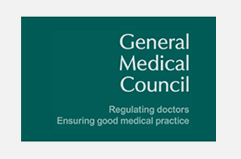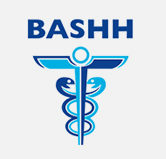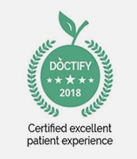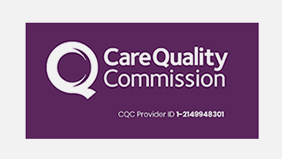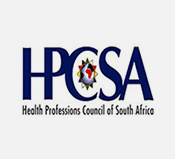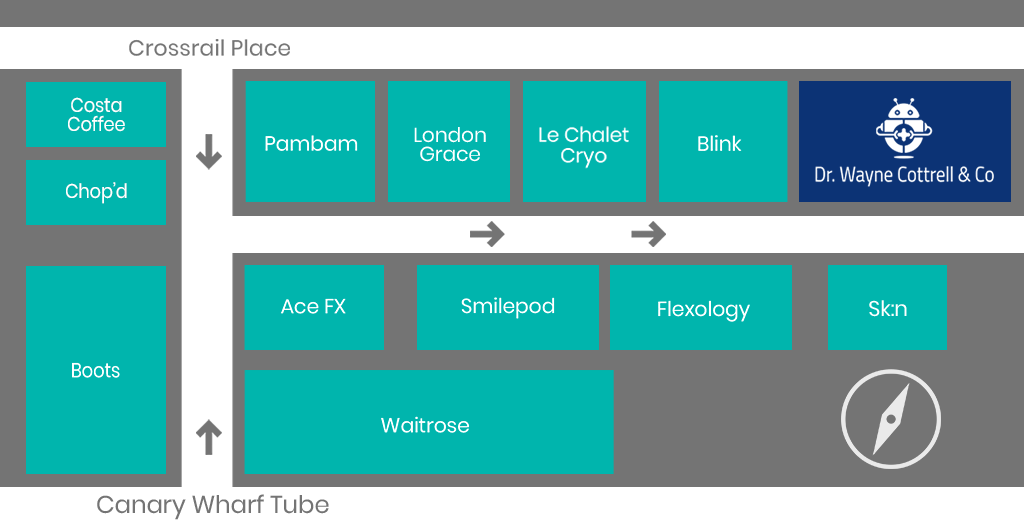Your Private GP and Sexual Health Clinic in Canary Wharf
Rosacea
Rosacea is a chronic inflammatory skin condition that primarily affects the central face (cheeks, chin, nose and central forehead).
Primary symptoms (usually present)
- Flushing (transient erythema).
- Non-transient erythema.
- Papules and pustules.
- Telangiectasia.
Secondary symptoms (may be present)
- Burning or stinging.
- Dry and sensitive skin feeling and appearance.
- Oedema (thickened / swollen skin).
- Ocular manifestations.
Other conditions or triggers for facial flushing
- Menopause
- Excessive heat, cold, or humidity.
- Neurological conditions, e.g. Anxiety, migraine, Parkinson’s disease.
- Certain foods or drinks.
- Hot, spicy foods.
- Caffeine.
- Alcohol.
- Some dairy, fruit, or fish.
- Drugs and interactions with alcohol.
Certain rare conditions should be considered, including
- Carcinoid syndrome
- Phaeochromocytoma
- Mastocytosis
Skin biopsies, serologic screening, or other investigations may be necessary to differentiate the flush of rosacea from other conditions
Treatment
- Rosacea requires long-term treatment.
- Management strategies for patients should be tailored to the specific subtype(s).
Aims of therapy are to:
- Alleviate signs and symptoms.
- Facilitate remission and avoid exacerbations.
- Maintain skin integrity.
- Improve patient quality of life.
Common treatments are:
- Topical azelaic acid.
- Ivermectin.
- Brimonidine.
- Oral tetracycline.
- Isotretinoin.
Useful tips for patients
Regardless of subtype, all rosacea sufferers should:
- Regularly apply a combined UVA- and UVB-protective sunscreen with an SPF of 30 or greater.
- Use soap-free cleansers, and products for sensitive skin.
- Use daily moisturiser (preferably twice a day).
- When possible, avoid trigger factors.
- Visit this useful web site: rosacea.org.
- Keep a daily diary to identify trigger factors.
PRICES
For more information or to book an appointment call our clinic on the number below:
Dr Wayne Cottrell will be back in the clinic from 18 October and the clinic will be open every weekday from that date

